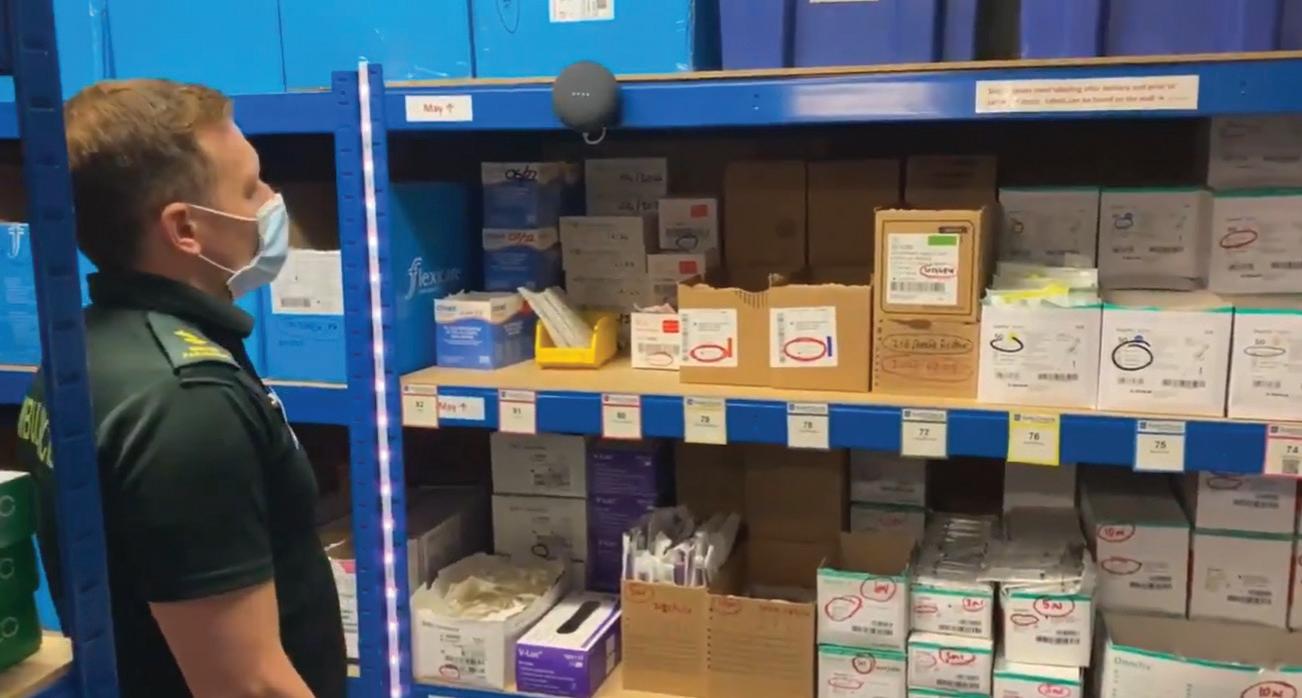Recognising the signs of mental illness Clinical staff in the NHS don’t get anxiety or depression. Right? Wrong. Mental health problems are one of the main reasons for staff absences with anxiety, stress and other psychiatric illness accounting for 28.3 percent of all sickness leave in the NHS in May 2020.
As the largest public sector employer in the UK, ensuring staff are supported and cared for with their mental health is paramount to the NHS, especially in light of the pandemic. We talk to Advanced Paramedic Alex Tatman - based in Oldham - about his own battle with anxiety and mental health. “The problem for me was not recognising the signs I was ill before I was diagnosed. For at least 18 months to two years leading up to this, looking back, I can see all the signs were there; from my behaviour, the mood swings and how I felt internally. “It came to a head in May 2019, I remember taking a phone call from my eldest, he had forgotten his gym kit and asked would I bring it to him at school. On an ordinary day this is no big deal, it is ten minutes down the road but that day I was really struggling and it took a simple task like this for me to reach breaking point. “I remember driving to the school and being rooted to the seat of my car when I arrived. I couldn’t get out. I was panting away with a tight chest and felt this overwhelming sense of panic and fear. I didn’t know it then but I was having an anxiety attack. The rational part of my brain was saying ‘it’s just a pair of shorts just take them in’ and the irrational side was saying ‘it will be the worst thing in the world if you get out of this car.’ It was something I had never experienced before. ”Later that night when my wife came home from work, after I put a brave face on with the kids until she got home, I told her what had happened and how I was feeling. Actually acknowledging the problem was cathartic to me and was without doubt the first step in the journey towards recovery.
10
#YourCall












